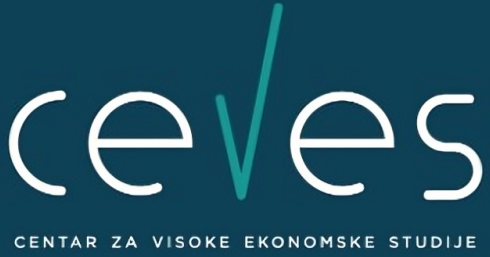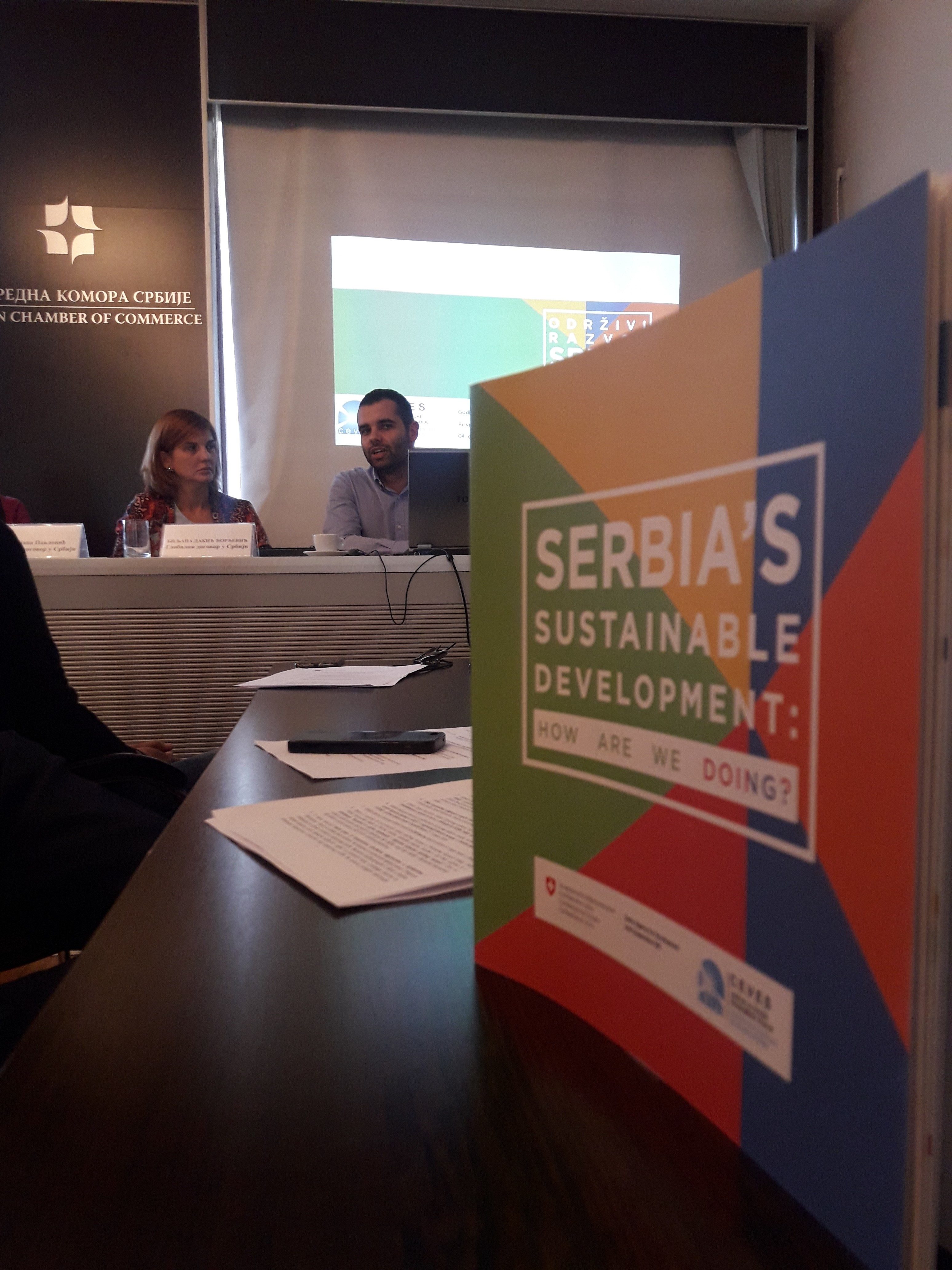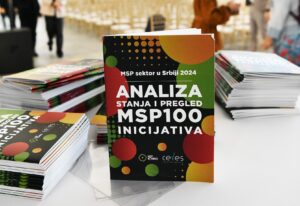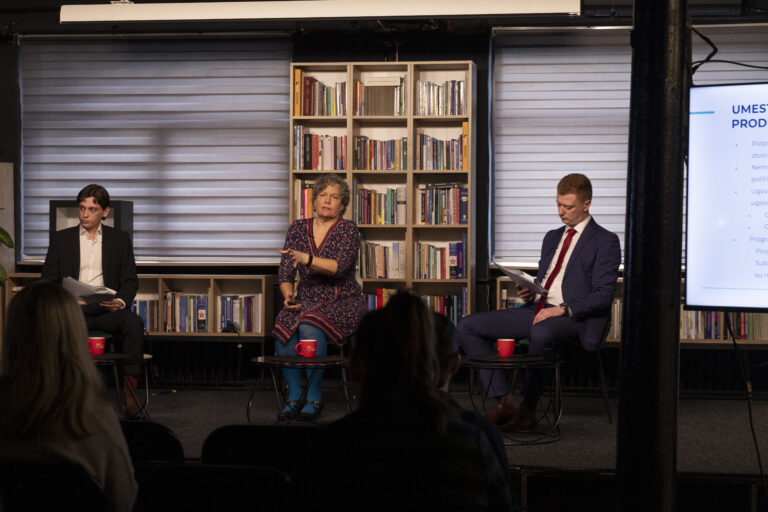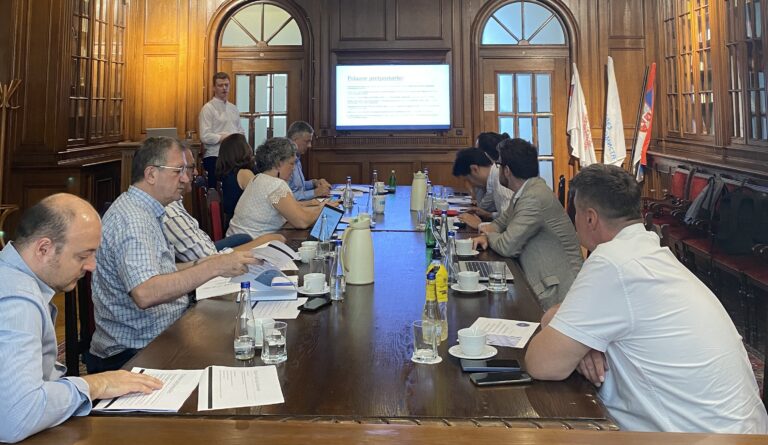Centar za visoke ekonomske studije postao je članica svetske platforme Globalnog dogovora Ujedinjenih nacija. Globalni dogovor Ujedinjenih nacija posvećen je promovisanju društveno odgovornog poslovanja i sa preko 10.000 članova iz više od 145 zemalja predstavlja najmasovnije dobrovoljno udruženje na svetu.
CEVES je svoje aktivnosti u okviru ove incijative započeo prezentovanjem svojih nalaza o ciljevima održivog razvoja u Srbiji na Skupštini članica Globalnog dogovora u Srbiji, održanoj 4. oktobra 2018. godine u prostorijama Privredne komore Srbije.
Globalni dogovor čini praktični okvir za razmenu stručnih znanja i unapređenje poslovne prakse preduzeća članica Globalnog dogovora posvećenih integraciji osnovnih i univerzalno prihvaćenih načela iz oblasti zaštite ljudskih i radnih prava, zaštite životne sredine i borbe protiv korupcije. Globalni dogovor nije regulatorno telo. Udruženje ne kontroliše, ne nameće i ne vrednuje ponašanje ili akcije pojedinih preduzeća. Umesto toga, Globalni dogovor se oslanja na odgovornost, transparentnost i utemeljeni poslovni interes preduzeća, organizacija iz nevladinog sektora, udruženja i akademskih institucija sa osnovnim ciljem iniciranja i razmene znanja o konkretnim akcijama koje u praksi promovišu i primenjuju osnovna načela društvene odgovornosti.
Globalni dogovor od svojih članica očekuje da prihvate, podrže i promovišu, u okviru njihove delatnosti, sledeće osnovne vrednosti iz oblasti zaštite ljudskih i radnih prava, zaštite životne sredine i borbe protiv korupcije u okvir 10 principa.
- Princip 1: poštovanje i podrška zaštiti međunarodno priznatih ljudskih prava
- Princip 2: obezbediti da se ne krše ljudska prava tokom poslovanja
- Princip 3: podrška slobodi udruživanja i primeni prava na kolektivno pregovaranje
- Princip 4: ukidanje svih vrsta prinudnog i prisilnog rada
- Princip 5: zabrana zapošljavanja dece
- Princip 6: eliminacija diskriminacije na radnom mestu
- Princip 7: odgovoran pristup životnoj sredini
- Princip 8: podrška projektima koji štite životnu sredinu
- Princip 9: učešće u razvoju tehnologija koja ne škode životnoj sredini
- Princip 10: borba protiv korupcije u svakom njenom obliku, uključujući iznuđivanje i podmićivanje
[ngg_images source=”galleries” container_ids=”41″ display_type=”photocrati-nextgen_basic_thumbnails” override_thumbnail_settings=”0″ thumbnail_width=”240″ thumbnail_height=”160″ thumbnail_crop=”1″ images_per_page=”20″ number_of_columns=”0″ ajax_pagination=”0″ show_all_in_lightbox=”0″ use_imagebrowser_effect=”0″ show_slideshow_link=”1″ slideshow_link_text=”[Show slideshow]” order_by=”sortorder” order_direction=”ASC” returns=”included” maximum_entity_count=”500″]
